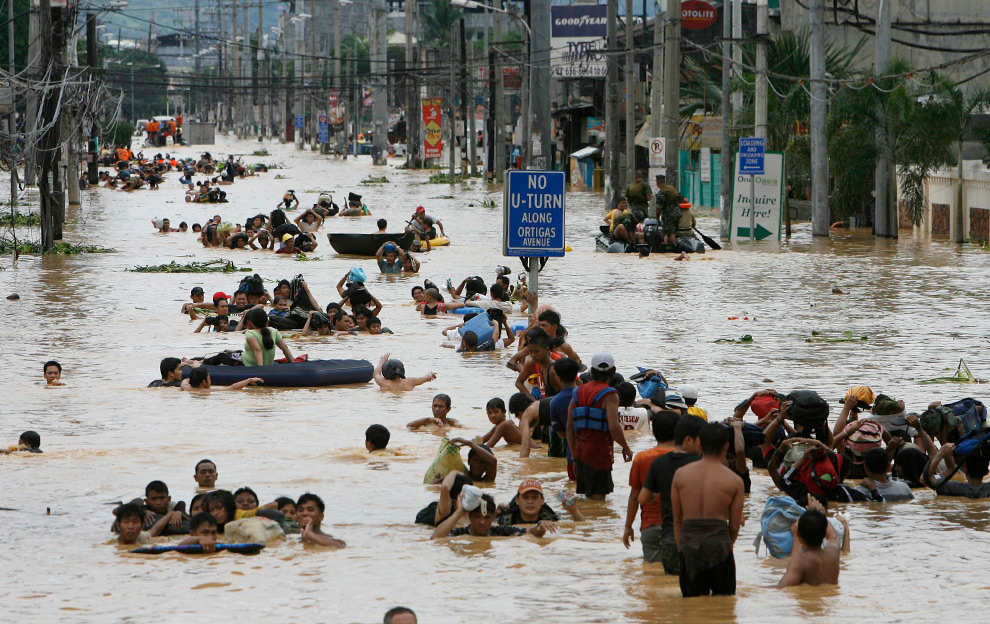MANILA – The Philippines should tap the private sector and urge developed nations to fund the country’s response to the climate crisis, several groups said on Thursday.
Rene “Butch” Meily, president of the Philippine Disaster Resilience Foundation (PDRF) said, “there are a lot more social investors now in the world and they’re looking for things to invest in that are both profitable but also socially good.”
“We could perhaps use that to help the LGUs and the other officials here work on climate change and the NGOs as well, so I think that’s one way to do it,” Meily added.
He explained, the private sector can still step up to invest in economically viable but sustainable projects as the pandemic sapped a lot of capital from the local system.
Meily made these remarks at a webinar organized by the United Nations Office for the Coordination of Humanitarian Affairs (UN OCHA).
Other advocates and climate change experts also weighed on how the country can boost its climate crisis mitigation and adaptation efforts amid a lack of funds for such programs.
Philippine climate justice advocate Mitzi Jonelle Tan said the Philippines should demand accountability from developed nations who are historically responsible for the climate crisis.
She also said the country should ensure its public resources are managed properly while noting the funds used for some controversial government projects could have been used elsewhere.
“I go back to that white dolomite beach where those funds could have been reallocated and used properly for something else,” she said.
“We’re seeing that there’s so much big funding for departments that historically red-tag activists when those funds could be used for public services or bettering education which will, in the end, also help us in the climate crisis.”
Danica Supnet, Lead Analyst for Climate Governance at the Institute for Climate and Sustainable Cities (ICSC), the country can also take advantage of the upcoming devolution of national government resources next year under the Mandanas Ruling which would give local government units more funds.
“Currently, all the local governments are in transition for the devolution that’s going to be set for next year,” Supnet said.
“But then another policy is that the local governments will soon be mandated to climate-tag their annual investment plans.”
The Philippines is the 9th most high-risk country in the world in terms of its vulnerability to the devastating impact of the climate crisis based on the World Risk Report 2019.



